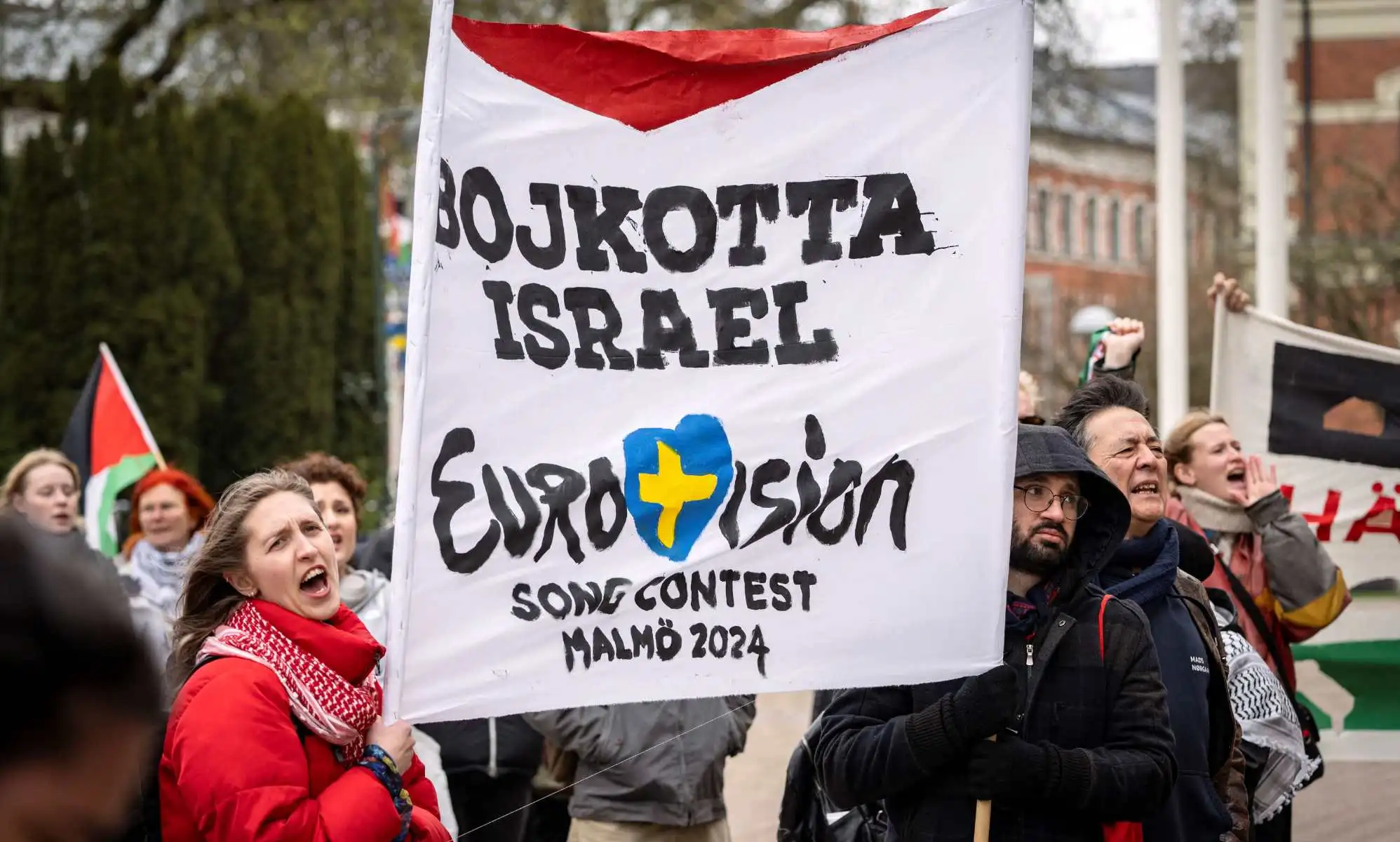Queer Eurovision fans on why they’ve chosen to boycott this year’s contest
Sign up for more LGBTQ+ news and updates at TrueQueer.
The Eurovision Song Contest has long been a beloved event for many, especially within the queer community. However, this year, the participation of Israel in the competition has sparked controversy and led to calls for a boycott from many queer individuals. The ongoing conflict between Israel and Hamas has fueled the decision for some to abstain from watching the event.
The 68th Eurovision Song Contest is set to take place on Saturday, with 37 countries competing for the top spot. However, the lead-up to the event has been overshadowed by protests and calls for boycotts due to Israel’s involvement. Pro-Palestine groups have urged contestants to withdraw from the competition, citing the recent violence in Gaza as a reason to exclude Israel from the event.
The conflict between Israel and Hamas, which began in October, has resulted in the deaths of over 1,200 people and has led to widespread devastation in Gaza. The call for a boycott of Israel’s participation in Eurovision is reminiscent of the ban imposed on Russia in 2022 following its invasion of Ukraine.
Earlier this year, queer artists and public figures joined Queers for Palestine in calling for contestants like Olly Alexander and Bambie Thug to withdraw from the competition. The artists issued a statement calling for an immediate ceasefire in Gaza, highlighting the importance of peace in the region.
Despite these calls for withdrawal, some contestants have faced restrictions on their expressions of solidarity with Palestine. Bambie Thug was reportedly asked to remove a face tattoo that read “ceasefire” in Ogham before their performance, raising concerns about freedom of expression within the competition.
Queer Eurovision fans have spoken out about their decision to boycott this year’s event. Alex Shah from Azerbaijan expressed disappointment in Eurovision’s handling of the situation, stating that Israel’s participation legitimizes the policies of Benjamin Netanyahu’s government. They called on Eurovision bosses to take a stronger stance against Israel, similar to the action taken against Russia in the past.
In Sheffield, Q Cummings described Eurovision as a unifying event for the LGBTQ+ community but chose to boycott this year’s contest due to Israel’s participation in the midst of conflict. Cummings criticized the EBU for allowing Israel to participate despite the ongoing violence in Gaza, calling it hypocritical.
Ali Saeedian from Manchester, a casual fan of Eurovision, also decided to boycott the event and called for even stricter action from organizers. Saeedian urged for the cancellation of this year’s contest and suggested putting it on hold indefinitely as a way to show that governments do not value human life.
Overall, the decision to boycott this year’s Eurovision Song Contest reflects the deep concern within the queer community over Israel’s participation in light of the ongoing conflict with Hamas. The calls for withdrawal and protests outside the venue highlight the importance of standing in solidarity with marginalized communities and advocating for peace in regions affected by violence.
Follow us on: Facebook for more LGBTQ+ news and updates at TrueQueer.
Eurovision
![]()

